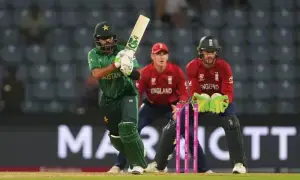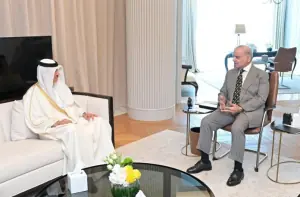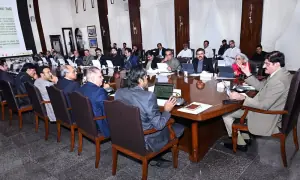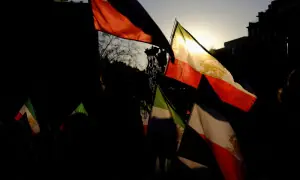Indian High Court says Muslim law cannot validate Muslim marriages
2 min readAn Indian High Court has ruled that a marriage between a Muslim man and a Hindu woman is not valid under Muslim personal law. The court also dismissed a plea for police protection to register an interfaith marriage under the Special Marriage Act, 1954.
Madhya Pradesh High Court’s Justice Gurpal Singh Ahluwalia stated that even if the couple were to marry under the Special Marriage Act, the marriage would still be considered an “irregular” (fasid) marriage under Muslim law. The judge argued that according to Sharia law, the marriage of a Muslim man with a woman who is an “idolatress or a fire-worshipper” is not considered a valid marriage.
The court’s observations came while hearing a petition filed by a Muslim man and a Hindu woman who wanted to get married. The woman’s family had opposed the interfaith relationship and expressed concerns that they would be ostracized by society if the marriage went ahead.
The family also claimed that the woman had taken jewelry from their home before leaving to marry her Muslim partner.
The counsel for the couple argued that they wanted to marry under the Special Marriage Act, but the woman did not want to convert to another religion, and the man did not want to change his religion either. The counsel contended that an interfaith marriage would be valid under the Special Marriage Act and would override Muslim personal law.
However, the high court ruled that marriage under the Special Marriage Act would not legalize a marriage that is otherwise prohibited under personal law.
The court also dismissed the couple’s plea, stating that they were neither willing to change their respective religions nor have a live-in relationship, and no case was made out to warrant the court’s intervention.



























Comments are closed on this story.